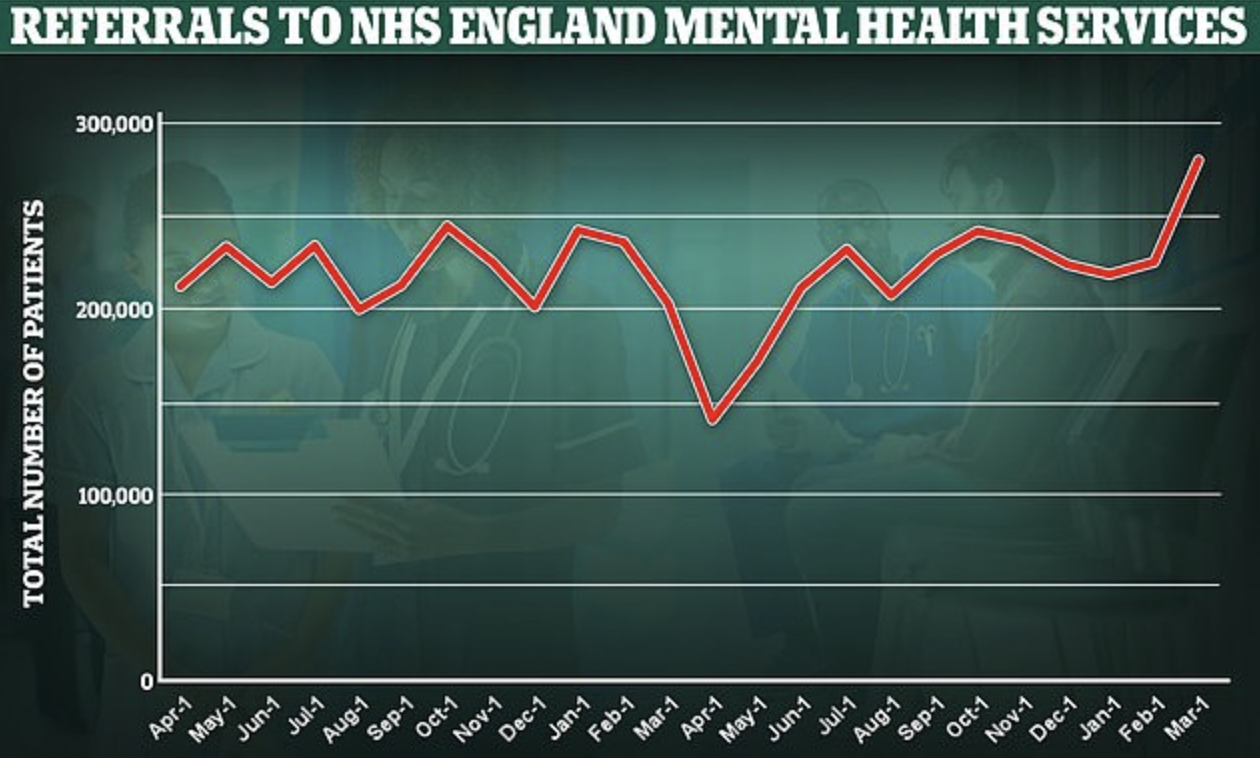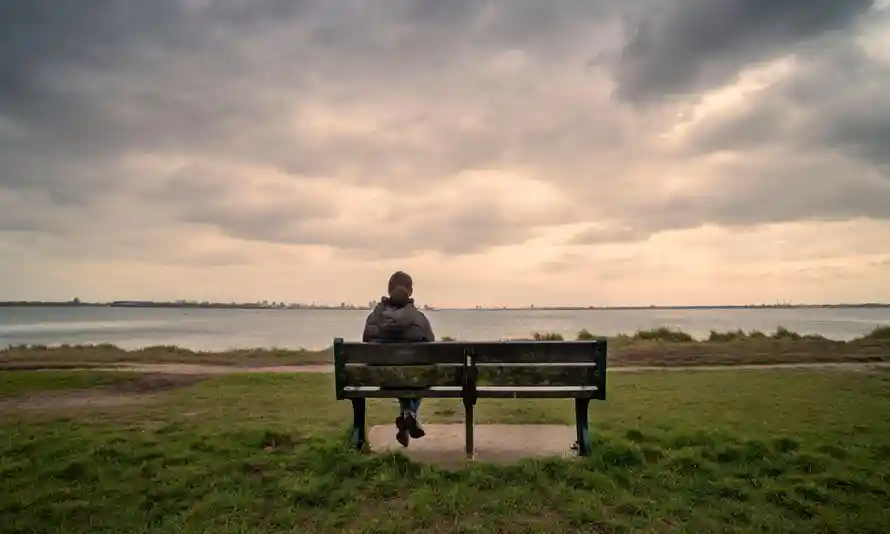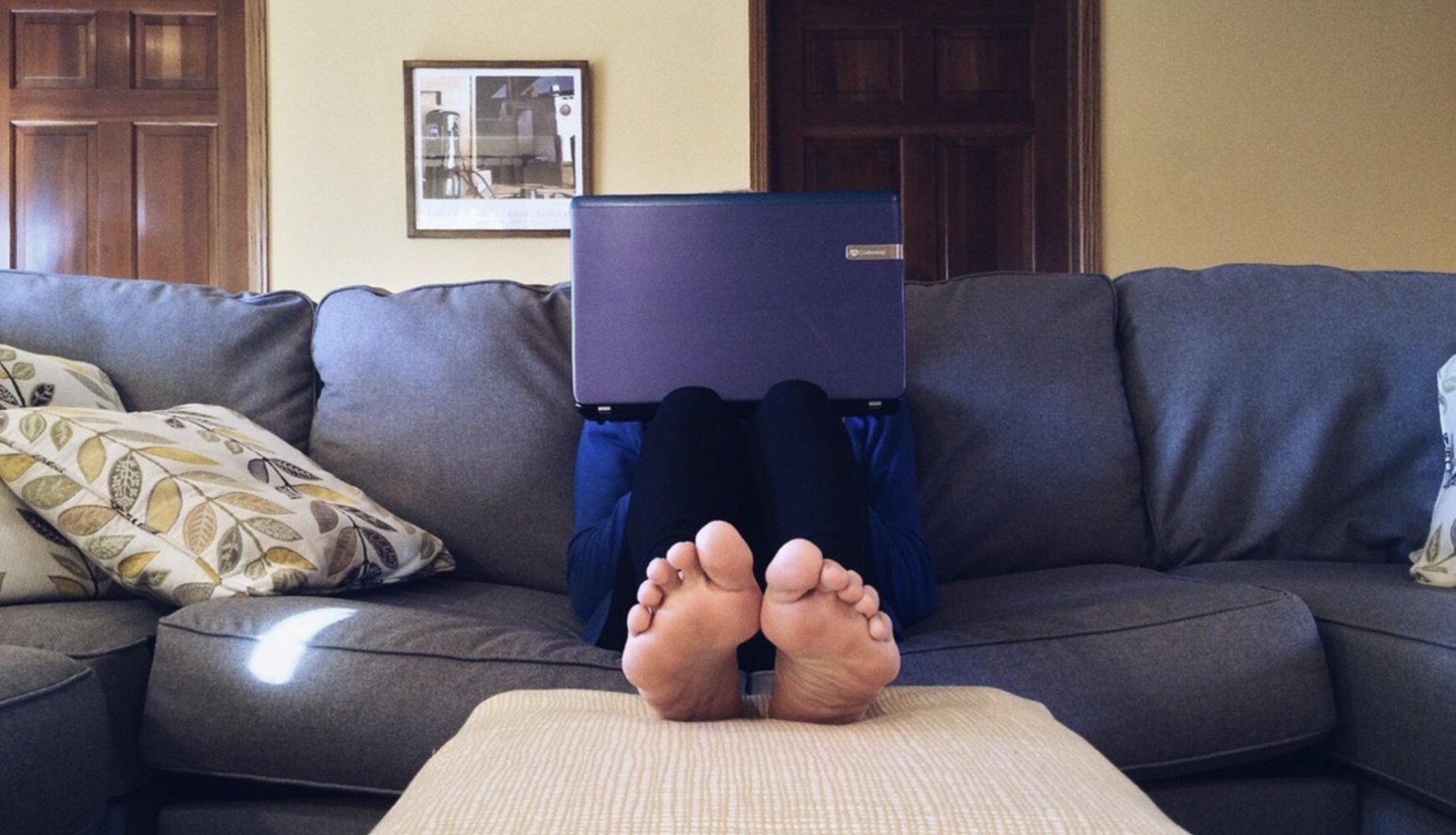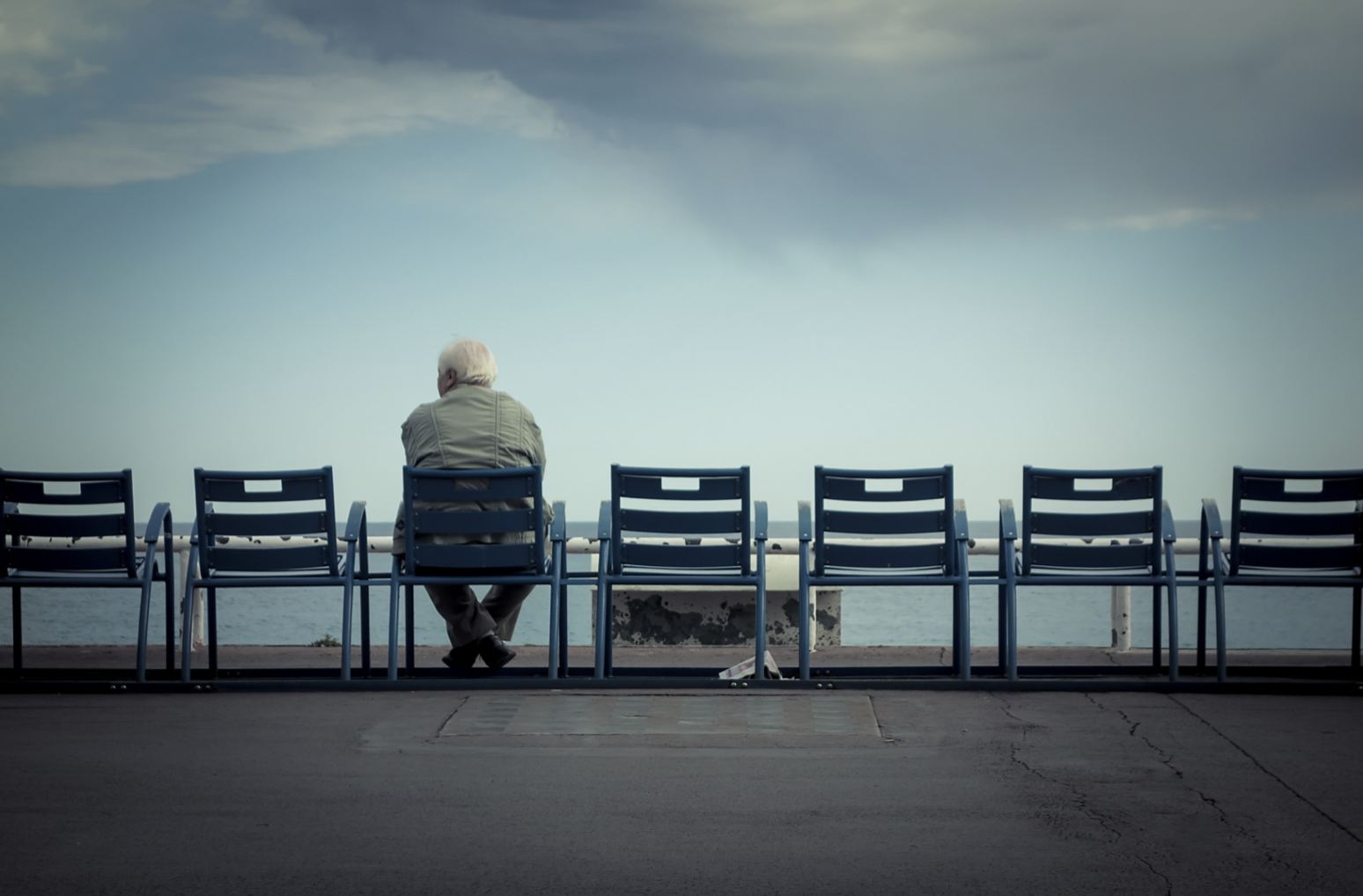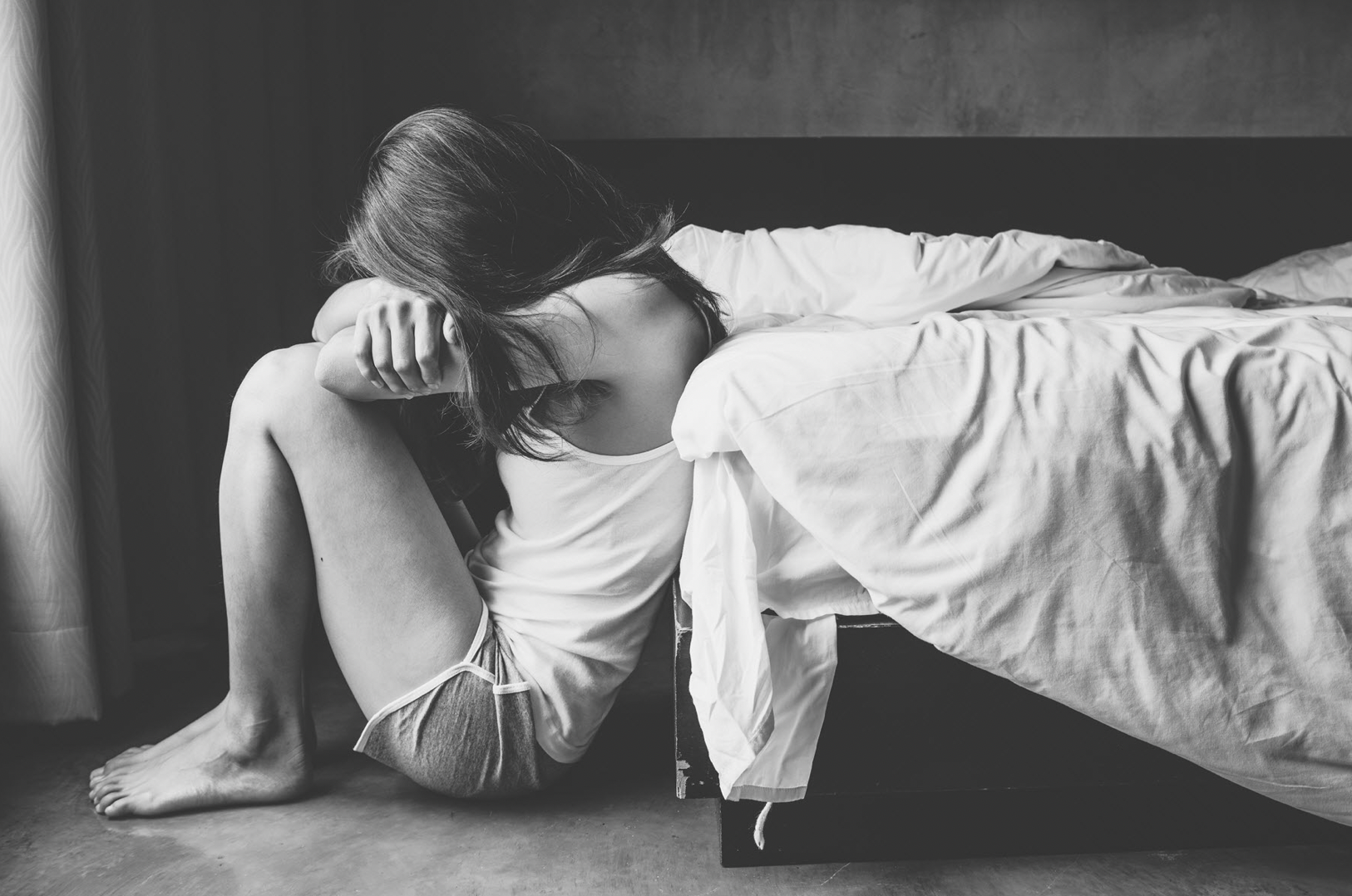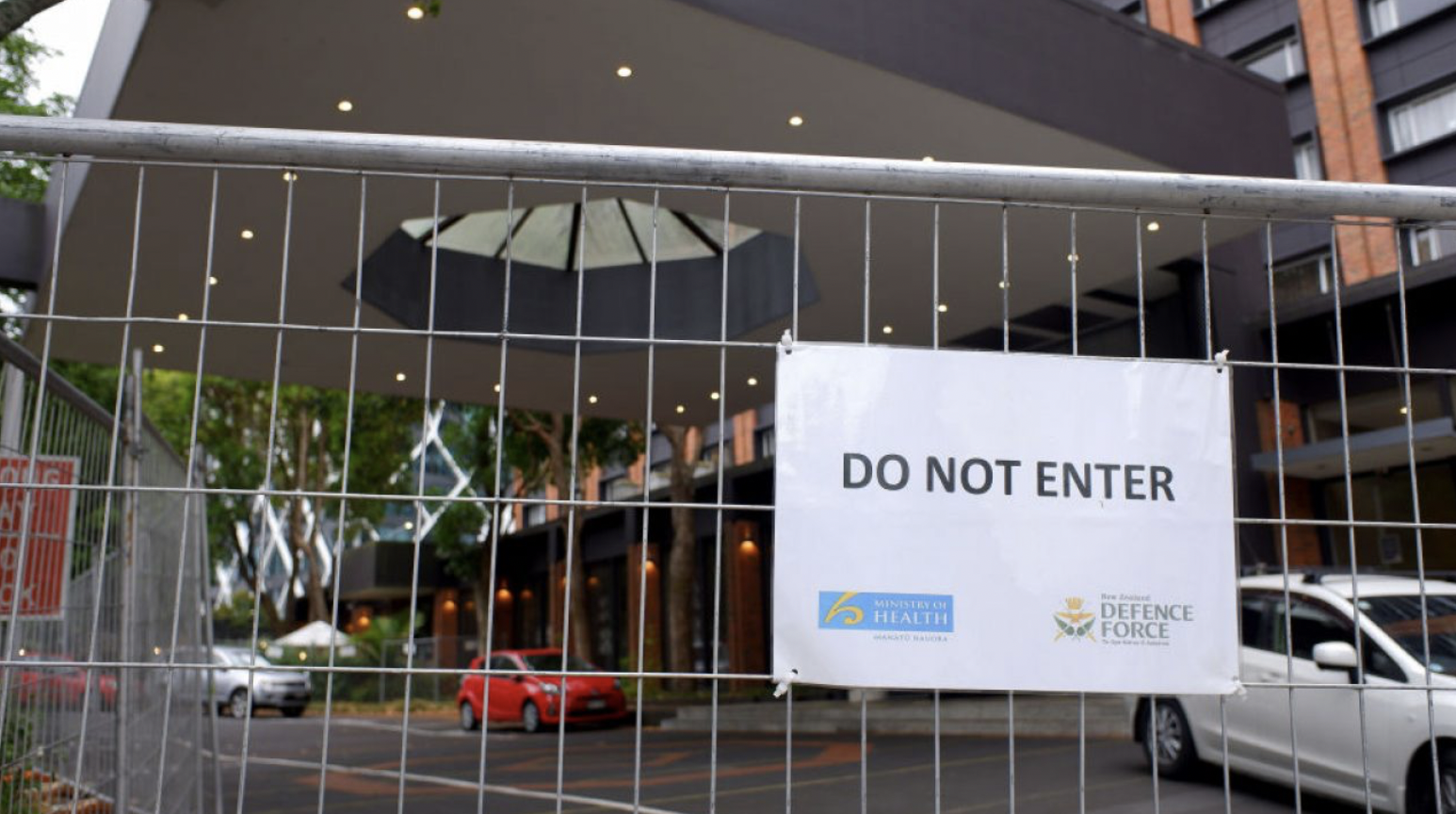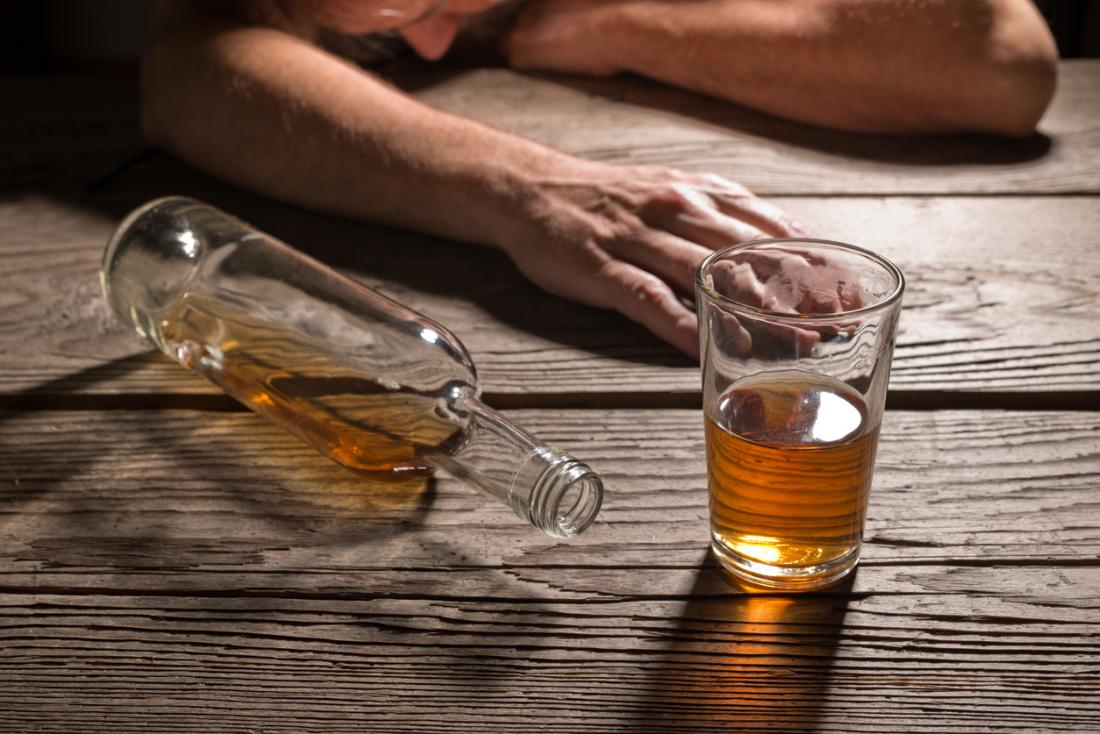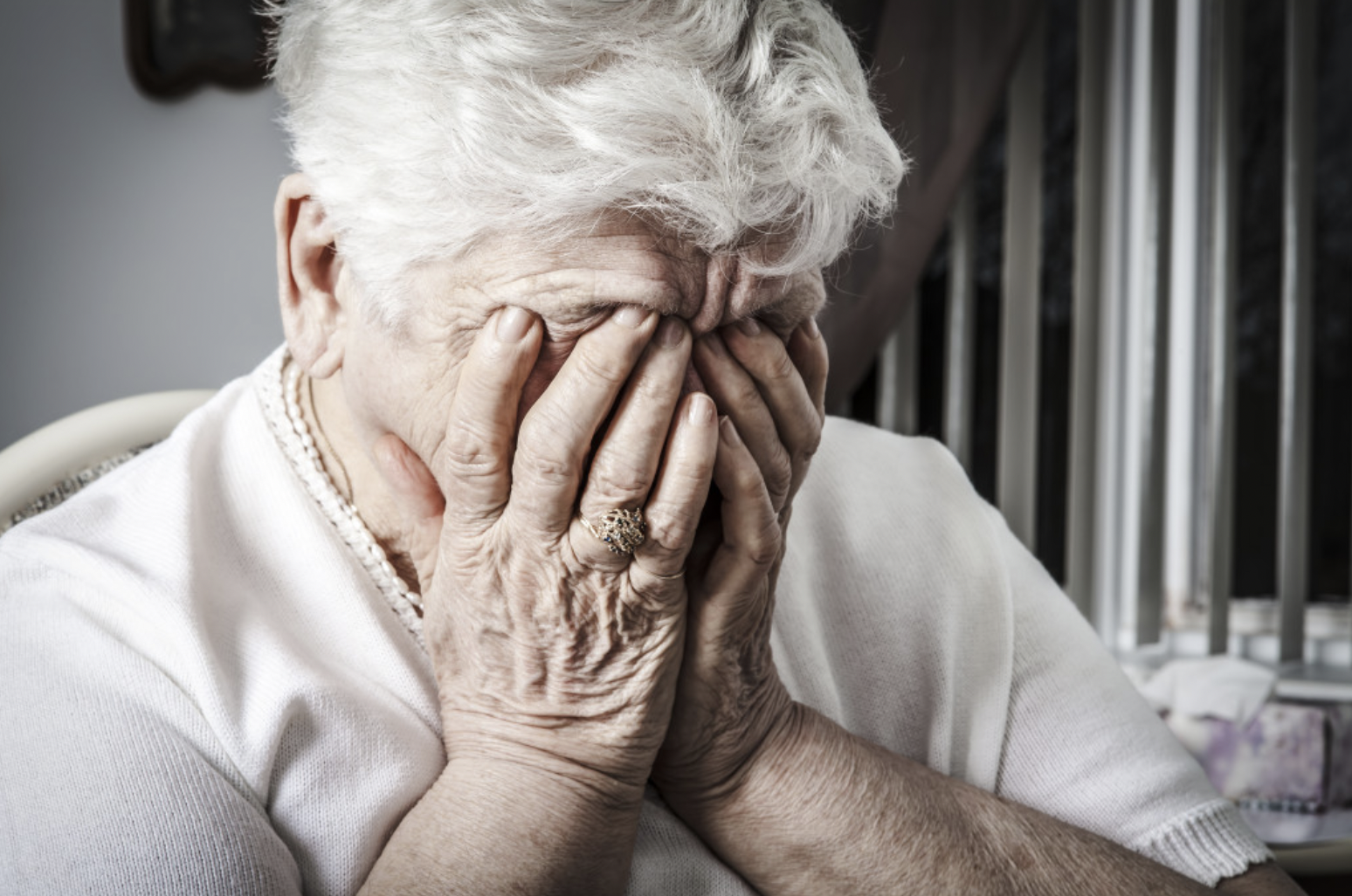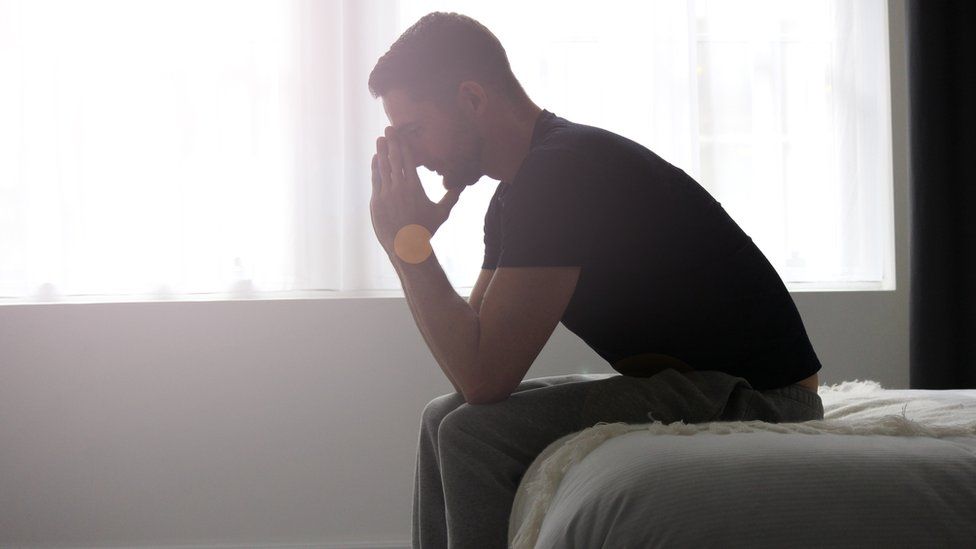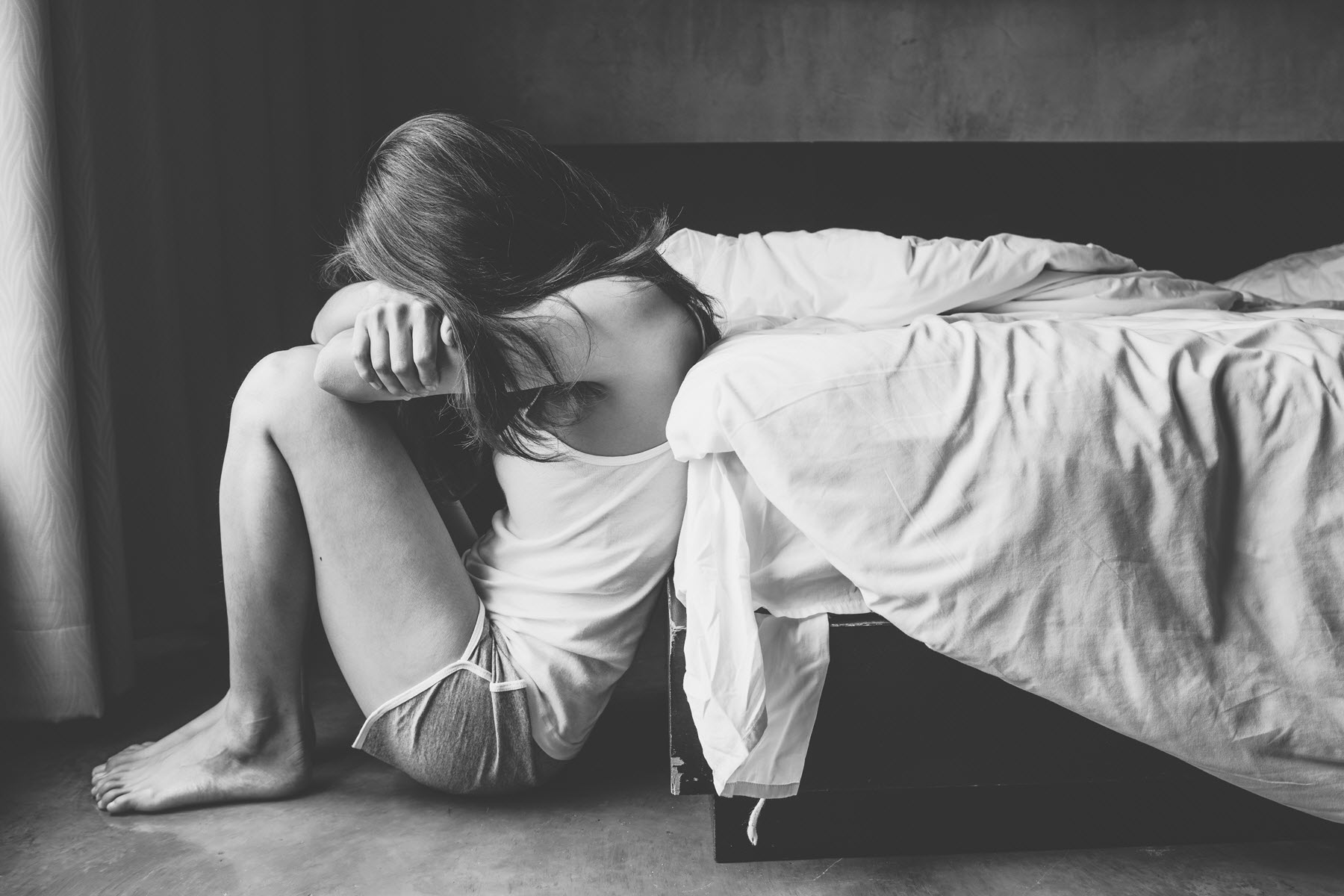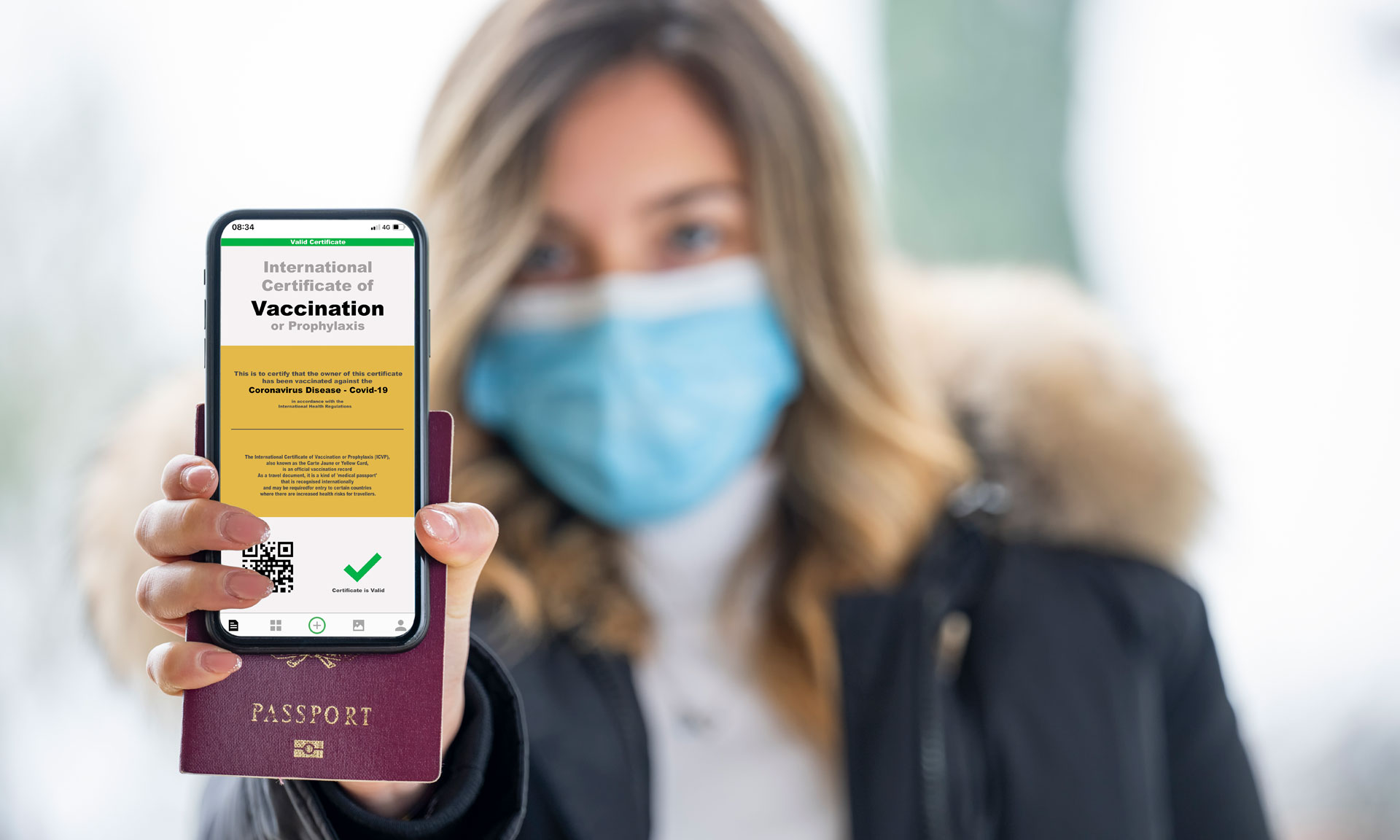What Next After Trans?
22 April 2024
WHO Official Admits the Truth About Vaccine Passports
22 April 2024
News Round-Up
23 April 2024
The Rise of Corporate Totalitarianism
22 April 2024
Profits of Doom
23 April 2024
by Ben Pile
Happy St. George Floyd’s Day
23 April 2024
WHO Official Admits the Truth About Vaccine Passports
22 April 2024
The Rise of Corporate Totalitarianism
22 April 2024
What Next After Trans?
22 April 2024
